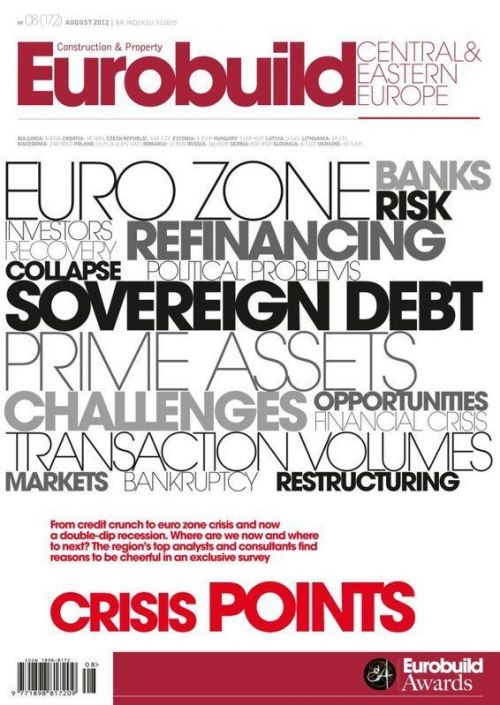ALEX HAYES, Eurobuild CEE': What are Goodman's immediate plans for development in Europe and Poland?KRISTOF VERSTRAETEN, commercial director for Continental Europe, Goodman: We are the number one developer at the pan-European level and the clear market leader in Germany. Now the strategy is to also become the number one developer in Poland. But there is some catching up to be done: our competitors have been active on the Polish market for a lot longer with established portfolios. Prologis, Panattoni and Segro are a lot bigger in terms of investment, but we are accelerating. We will also consider selective acquisitions to build our portfolio. We are looking for modern buildings in good locations. I believe that owning more than 1 mln sqm in Poland in three to four years is a realistic target.
How does your leadership in Europe affect your business here in Poland?By being the market leader in Germany we can work with major logistics service providers, such as DHL and DB Schenker, plus




























































